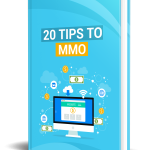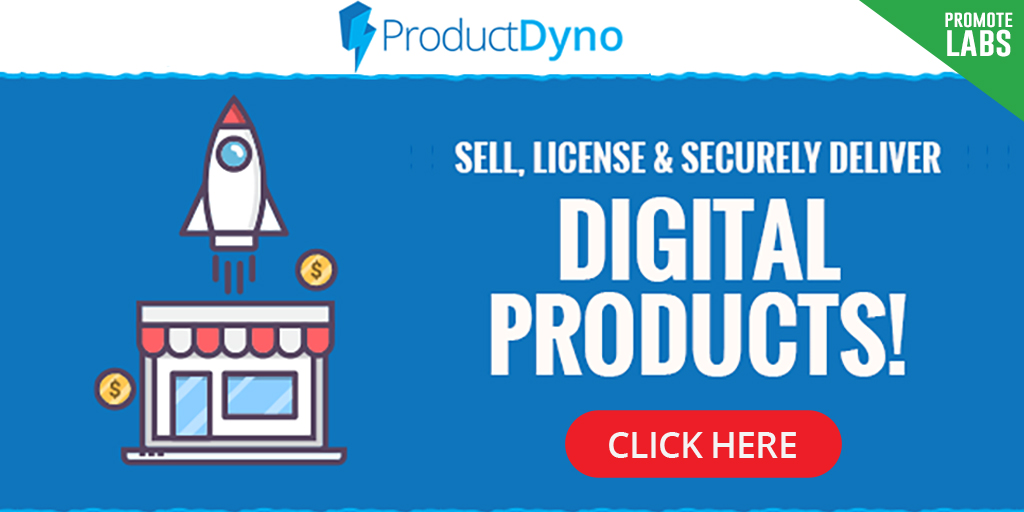Starting an online business can be an exciting and
rewarding project. Yet, it is important to prepare
and understand the marketplace before taking the
plunge. Below we provide a 6-step outline to
follow. From researching the market to tracking
key metrics. Proper planning and execution, will
ensure anyone can set up an online business that
has the potential to be profitable. Let’s dive in
and explore these steps in more detail.
1. Research:
Before starting an online business, it is
important to research and understand the
marketplace. Look at what products or services are
in demand. Who your competitors are and what
differentiates you from them? Assess the
potential risks associated with the venture.

Starting an online business is a big decision.
It’s important to do your research and understand
the marketplace before investing time and money
into a new venture. Look at what products or
services are in demand. Who your competitors are,
and what makes you different from them? Assess the
potential risks associated with starting an online
business. Make sure you are comfortable with the
risks before moving forward.
2. Plan:
Creating a business plan is essential for any
entrepreneur. This will ensure that your business
is organized and has a goal-oriented approach.
Elements of the plan should include the following:
a) market research,
b) financial projections,
c )product/service offering,
d) target demographics,
e) and marketing strategy.
3. Financing:
Financing is an important step when starting an
online business. There are a variety of options
available to entrepreneurs. It’s important to
assess the pros and cons of each option to provide
enough capital to start the business.
Loans can provide the capital needed to start the
business. Investments are another option, but
investors may be looking for a share of the
business in return. Crowdfunding has become a
popular source of funding. Platforms such as
Kickstarter allow individuals to make donations
toward a project or venture.
4. Platform:
Next, it’s time to decide on a platform for your
online business. This can be a website, mobile
app, or other digital platform and should provide
an easy-to-use interface for customers. Consider
the technical expertise needed to use and maintain
the platform. As well as any potential fees
associated with hosting or upkeep. The platform
must also provide features and functionality for
customers to buy products or services.
A website will be essential for any online
business. It provides customers with an easy way
to access information about your products or
services. When creating a website, it is important
to have a simple and user-friendly design. Also
include an easy way for customers to contact you.
5. Marketing:
Once the business is up and running, it’s time to
start marketing to reach your target audience.
Developing a comprehensive digital marketing plan
can help you promote your business online.
The plan should include a variety of tactics:
- search engine optimization (SEO),
- content marketing,
- paid advertising,
- social media campaigns,
- and more.
Additionally, look for ways to leverage existing
networks or connections to spread the word about
the business.
Promoting your online business through social
media, email campaigns, and other forms of digital
marketing will help you reach potential customers.
It is also a good idea to create content that
offers value to your customers, such as how-to
guides or informational articles.

6. Tracking:
Once your online business is up and running, it is
important to put in place tracking. This data can
be used to help you make decisions about where to
focus your efforts on improvement and increased
success.
Tracking data is an important step in running a
successful online business. It can help identify
areas for improvement and guide decision-making
about:
- marketing,
- product development,
- customer service,
- and more.
Make sure to track:
- website visitors,
- sales,
- customer engagement,
- and other key metrics to make sure your efforts
are having the desired effect.
In conclusion, starting an online business is
a process that requires careful planning and
execution. With the right preparation, an online
business has the potential to be highly
successful.
This article provided a 6-point outline for
starting an online business:
- Research the market;
- Plan the setup of the business;
- Secure financing;
- Choose the right platform;
- Create a marketing plan;
- Tracking and metrics to track your
progress.
With the proper preparation, an online business
can be successful. Providing entrepreneurs with an
opportunity to reach new customers and grow their
businesses.
Looking for a Blueprint to help you through the
process, I can recommend my mentor John Thornhill.
Register for his Free Webinar, HERE.






